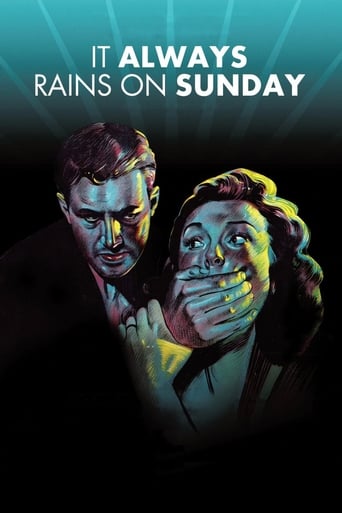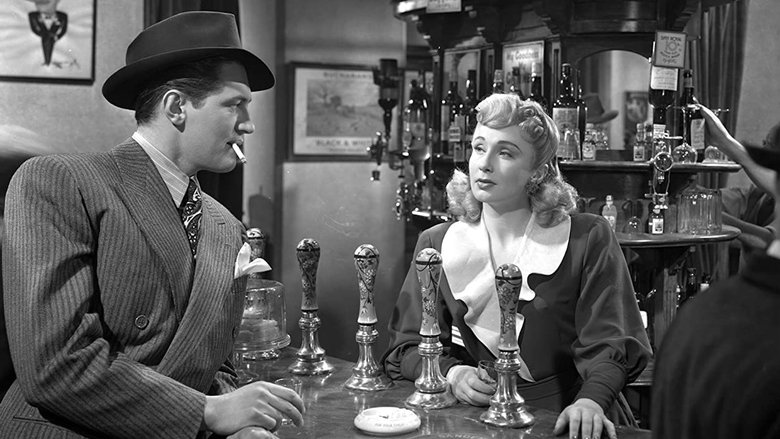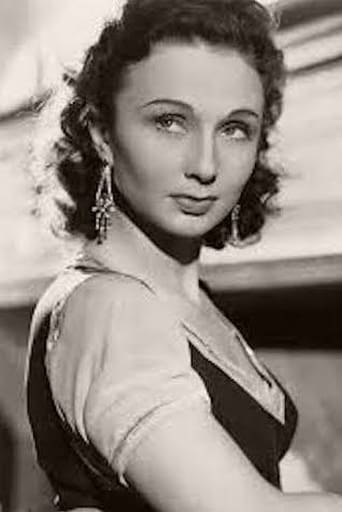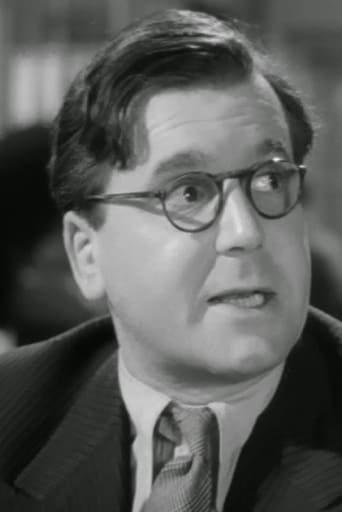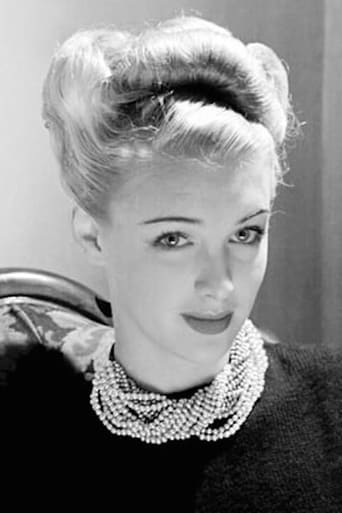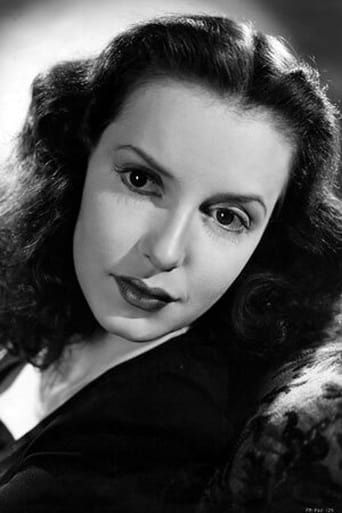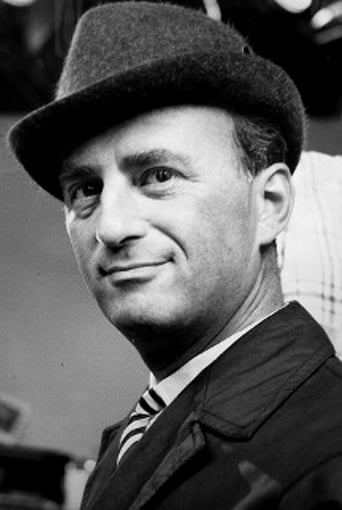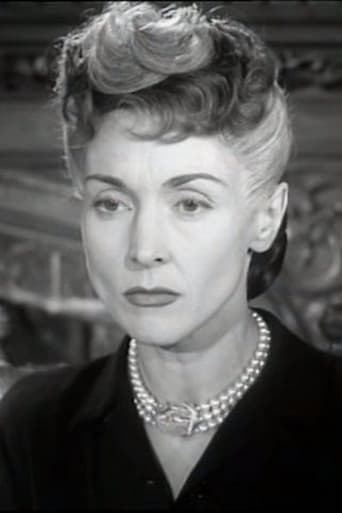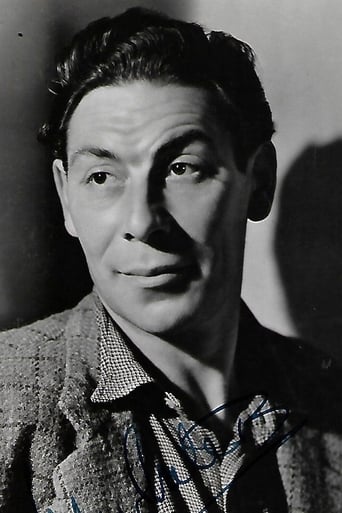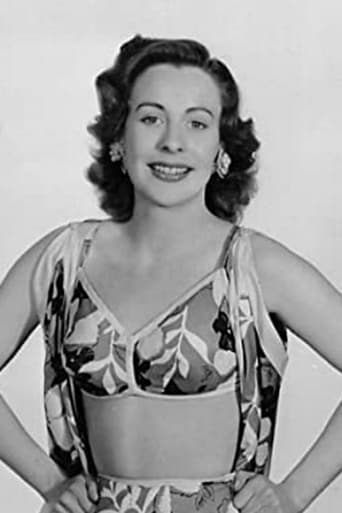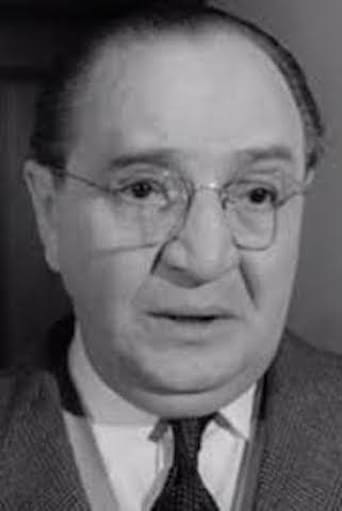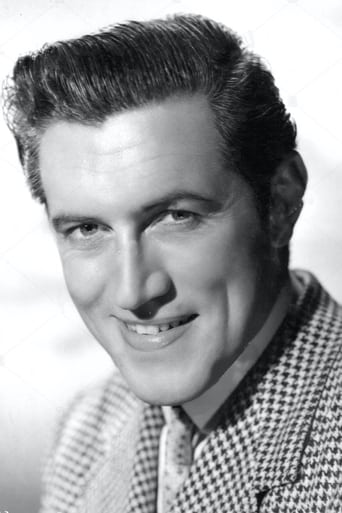During a rainy Sunday afternoon, an escaped prisoner tries to hide out at the home of his ex-fiance.


Similar titles
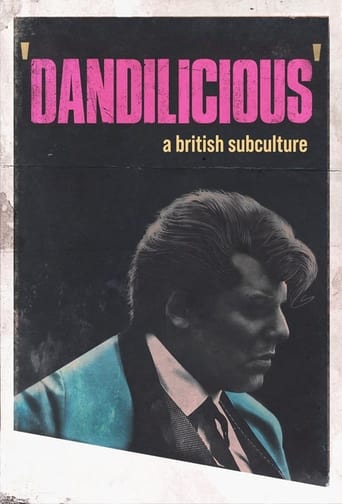
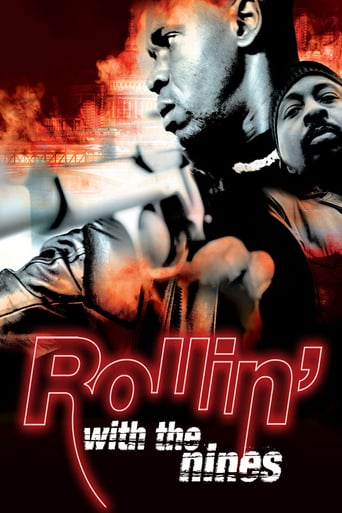
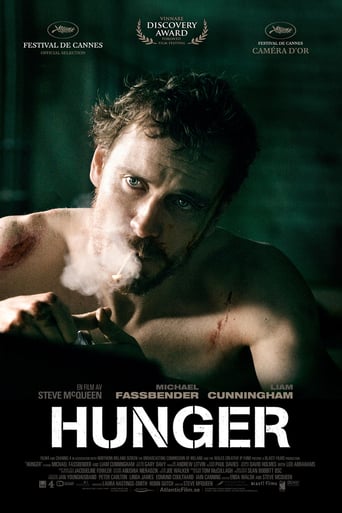
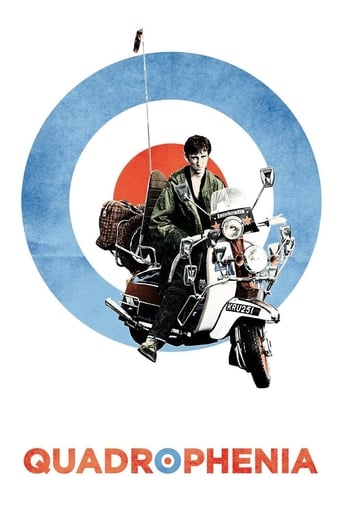
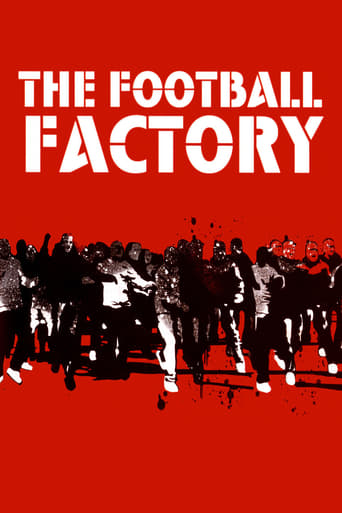
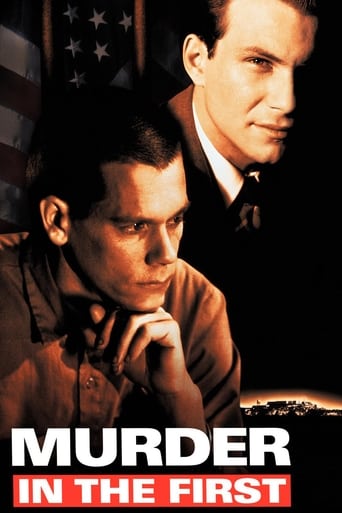
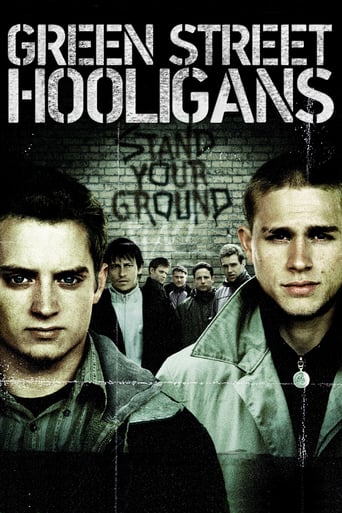
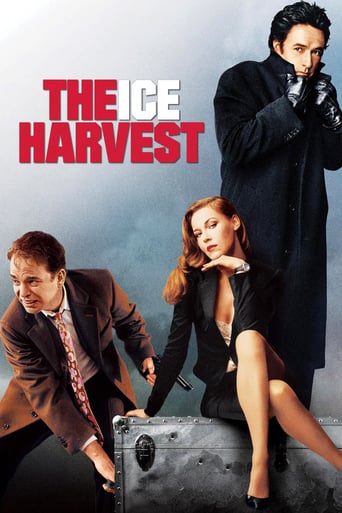
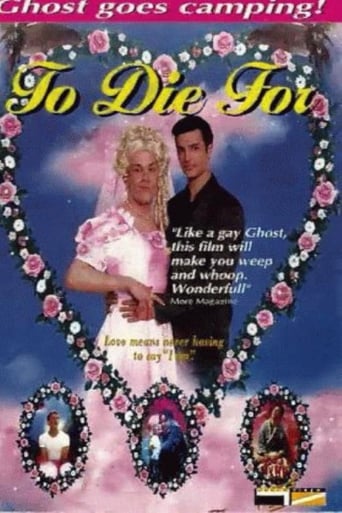
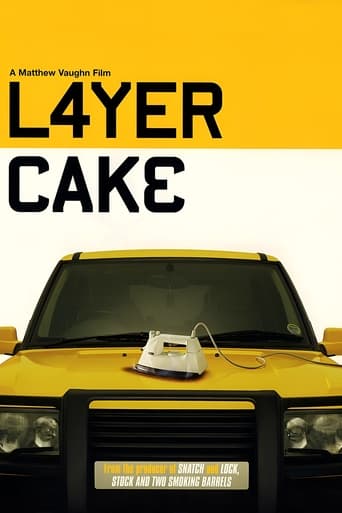
Reviews
Googie Withers was England's equivalent of Joan Blondell (although better-looking and more talented): both actresses played similar types, alternating their performances between dramas and comedies. In 'It Always Rains on Sunday', Withers gives possibly the best performance of her career. She's skilfully abetted by a universally excellent cast.This is a taut thriller, very much in the Hitchcock vein, based on a novel by Arthur La Bern. (His novel 'Goodbye Piccadilly, Farewell Leicester Square', set in Covent Garden in this same time period, was updated by Hitchcock as the basis for 'Frenzy'.) The lives (and a death) of several people in London's East End are deftly interwoven. A real strength of this drama is its perfect encapsulation of a distinctive time and place in one London neighbourhood: Bethnal Green and its environs.The dialogue is note-perfect, although Americans will want subtitles for such terms as "have a butcher's" (take a look), "sweet Fannie Adams" (not a bloody thing), "Bob's your uncle" (you're all set), "shopped" (informed upon), "clothes" (blankets) and "the Anderson" (a mass-produced prefabricated outdoor shelter during the Blitz, employed as garden sheds after the war). I was even impressed that the scriptwriters caught the East Enders' subtle distinction between "up west" (the West End) and "out west" (the Home Provinces). That Anderson shelter, Mrs Spry's doss-house, the ration book, the police call-box with Albertus panels (from the pre-999 era of Whitehall 1212), the wide boys and the spivs (notably the splendid John Slater) all gave me a twinge of nostalgia.SLIGHT SPOILER. The climactic chase is thrilling and well done, except for two shots using miniatures that are laughably obvious. American viewers might wonder why the plainclothesmen don't just simply shoot the fugitive. (When this film was made, British police never carried firearms except in very unusual circumstances.) I did notice a few minor errors, including some tech errors. Only two years after V-E Day, with rationing still in place, it's very unlikely that so many working-class Englishwomen would have such elaborate make-up. (Get a line on those carefully pencilled eyebrows!) Spivs or no spivs: how did so many of these characters get such elaborate and expensive leather gloves? And, drunk or not: would Vi (Susan Shaw) really go straight into bed without removing her make-up and her expensive frock? 'It Always Rains on Sunday' brilliantly preserves life in Bethnal Green in the late years of George VI's reign ... and also tells a cracking good suspense yarn. My rating for this one: despite a few flaws, a perfect 10 out of 10.
This is a poor man's London Belongs To Me and although there's nothing much wrong with it the question remains why bother. Norman Collins wrote a superb valentine to London in London Belongs To Me and it was adapted for the screen around the same time as this effort which is unfortunate as this one will always come off worst in direct comparison whereas a larger gap might have been beneficial. Collins' Dulcimer Street was located in South London and the Sandigate's home is in Bethnal Green whilst Ealing, where it was made, is in West London; so much for that. One thing is clear from the opening scene; the only escapism here is in the shape of Tommy Swann who kick-starts the action by escaping from Dartmoor and lights out for Bethnal Green and sanctuary with the faithful (he hopes) Rose (Googie Withers) who has married, since he went down, a colourless husband who treats her well. None of the women in Bethnal Green are having much fun; the elder of Rose's step-daughters, Susan Shaw, a good-time girl manque' is involved with small-time shop-keeper cum musician Sydney Tafler, who is married and only interested in a bit on the side, whilst younger daughter - Patricia Plunkett in her first film - catches the eye of Tafler's spiv brother, John Slater, who offers her a job 'up West' which will probably evaporate once she comes across. The usual suspects are wheeled out, wooden Jimmy Hanley, Alfie Bass, Vida Hope, Hermione Baddely, Frederick Piper and a pre-Dixon Jack Warner as the cop charged with tracking Swann (John McCallum) down. In 1947 it was probably good solid entertainment; shame London Belongs To Me eclipsed it.
Ealing Studios were, of course, best known for comedies, and Robert Hamer was possibly best known as the director one of the best of those, "Kind Hearts and Coronets". "It Always Rains on Sunday", however, is not a comedy but a crime drama, an example of the studio's more serious output. The action is set in Bethnal Green, a working class district of East London, in the years following the end of the Second World War. (In the forties the British cinema, which had hitherto concentrated on the lives of the well-to-do, began to make more films about working class life, foreshadowing the "kitchen sink realism" of the late fifties and sixties). Tommy Swann, an armed robber, escapes from Dartmoor Prison and makes his way back to London where he hides in the home of his former fiancée, Rose Sandigate, hoping to escape abroad by stowing away on a ship. Although Rose is now married to another man, she still loves Tommy and shelters him in the house.In visual terms the film, with its strong contrasts of light and dark and its frequent shots of rain-swept streets, seems to have been influenced by the contemporary American film noir style. (Hamer was obviously keen on the rainy look- so keen, in fact, that we sometimes see rain, presumably courtesy of a hosepipe, falling from bright sunlit skies). This is particularly apparent during the gripping chase scenes near the end, when Swann attempts to hide from the police in a railway marshalling yard. In terms of content, however, the film differs from most films noirs, which normally had at their centre a single strong male character, who could be on either the wrong or the right side of the law but was generally a loner. Swann might fit that description, but the film is not really about him but about Rose and her family, and also about the wider community of which they are a part.There are some memorable characters, both within the Sandigate family and without. Besides Rose, the family consists of her stolid, easygoing husband George, a man whose life revolves around his pipe, his newspaper, his pint of beer and the local pub darts team, their cheeky young son Alfie, and George's two attractive teenage daughters from an earlier marriage. These two are very different in character. Vi, the elder, is rebellious, promiscuous and the current mistress of Morrie Hyams, a shopkeeper of dubious character who also acts as bandleader at the local dance-hall. Doris, the more docile, placid younger daughter, is being pursued by Morrie's equally dubious brother Lou, a bookmaker, but prefers her steady boyfriend Ted.We tend today to look back on the late forties as a time of post-way austerity and hardship, particularly in working class areas, but apart from a few shots of bomb-damaged buildings and references to the rationing system there is little of that to be seen here. The action all takes place on one single Sunday (probably in Autumn), and we see the East End at play rather than at work, with the local people enjoying themselves in the pub, at a street market, at the dance-hall and at an open-air boxing match (a chance for Lou Hyams to make some money by fixing the result).Despite this emphasis on fun and relaxation, however, the people we see are not the stereotyped lovable cheerful Cockneys familiar from many British films. Besides the more serious villainy of Swann and his like, there is also a considerable amount of petty crime, often used as a source of comic relief. There is a comic subplot about three minor-league villains who have stolen a lorry-load of roller-skates and are trying to find a fence who will dispose of them; the man they find is a sanctimonious hypocrite who objects to boys playing the mouth-organ on the Sabbath but has no objection to dealing in stolen goods. The dodgy Hyams brothers are also a source of humour, especially Morrie who, for all his flashy pretensions, is an essentially ludicrous character, caught between the demands of the sluttish Vi and his long-suffering wife Sadie. (The brothers have cut themselves off from their traditional Jewish family, who disapprove of their dishonest dealings, although it is noteworthy that Morrie still claims the right, as a Jew, to open his shop on Sunday, something that in the forties would have been forbidden to Gentiles).The main thrust of the film, however, is not humorous but serious. Rose (very well played by Googie Withers) is a tragic heroine. Her tragedy is that the man she loves is a violent rogue, who does not love her but makes use of her when it is in his interests, and that she cannot love her husband who is a decent, kindly man and treats her well. The film is a mixture of tragedy, thrills, documentary social realism and occasional humour. Although the film has not become recognised as a classic of the British cinema, unlike most of the Ealing Comedies or other crime dramas to the period, such as "The Blue Lamp", my view is that it deserves to be better remembered. 8/10
Dated, soupy, melodramatic at times. Main story, involving the wife who harbours her ex-lover from the police, is curiously underdeveloped and cannot arouse much interest. The other plot threads seem pretty emotionally irrelevant; the film doesn't tie together very well while we're watching it. Nothing stands out as particularly awful; film plods along so-so. Nice little supporting performance by Edward Chapman as the plain and dependable husband.
